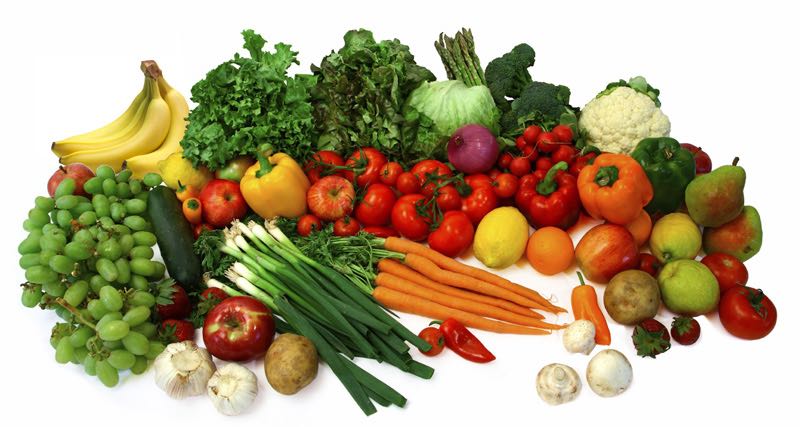“Inadequate nutrition contributes to an estimated 45% of deaths among children under five in developing countries,”
says a report by NCBI.
Nutrition is the science of food and how it affects the body’s growth, maintenance, and function. It’s about much more than just eating—it’s about fueling every cell of your body for survival, resilience, and well-being.
In recent years, increased awareness around health and immunity has encouraged many people to shift toward more mindful and nutritionally balanced diets. Yet, despite the rising interest, many still find themselves overwhelmed by daily decisions like what to eat, when to eat, and in what quantity.
If you’re unsure whether your current diet is truly supporting your immune system—don’t worry, you’re not alone.
Why Nutrition Matters at Every Life Stage
Our nutritional needs change as we move through life—from infancy to childhood, adolescence, adulthood, pregnancy, and even menopause. A well-functioning immune system is tightly linked to nutrition. According to global data, over 6 million children die each year due to infections exacerbated by malnutrition, which leads to a compromised immune system.
What does this mean? Simply put: the food you eat must not only satisfy hunger, but also strengthen your immune defenses and meet the extra demands your body faces—especially during stress, illness, or recovery.
Daily Essentials for Immune Health
Here’s a breakdown of key nutrients and habits to prioritize in your diet:
1. Proteins – Your Immune System’s Building Blocks
Essential for producing immune cells and antibodies
High-quality sources: dairy products, eggs, legumes, and lean meats
2. Vitamins and Antioxidants – The Body’s First Line of Defense
Vitamin C, Vitamin E, and beta-carotene help neutralize free radicals
Antioxidants prevent cellular damage and delay food oxidation
Rich sources: citrus fruits, nuts, seeds, spinach, sweet potatoes, and berries
3. Essential Fats – Fuel and Protection
Omega-3 and other healthy fats reduce inflammation and support immunity
Good sources: olive oil, fatty fish, nuts, avocado
4. Hydration
Aim for 4–5 liters of water daily to support detoxification, digestion, and immunity
5. Micronutrients
Iron, calcium, and zinc are essential for immune cell production and repair
Found in leafy greens, whole grains, legumes, nuts, and fortified cereals
6. Phytochemicals
Naturally found in plants, they offer protection against chronic diseases
Abundant in: colorful fruits and vegetables, whole grains, and teas
7. Energy from Carbohydrates
Carbs provide kilojoules (calories) needed for energy and immune function
Choose complex carbs: whole grains, legumes, and root vegetables
Don’t Forget the Lifestyle Factors
Nutrition alone isn’t enough. Your overall lifestyle also plays a crucial role in immune strength.
Exercise regularly – aim for 30 minutes a day, at least 5 days a week
Maintain a varied diet rich in nutrient-dense foods
Get adequate sleep, manage stress, and avoid smoking or excessive alcohol
The Bottom Line
Nutritional needs evolve with age, gender, health conditions, and lifestyle. But regardless of where you are in life, one principle remains constant: A balanced, diverse diet rich in whole, nutrient-dense foods is your best line of defense.
According to NCBI, people who follow a varied and nutrient-rich diet are 5–10% less likely to suffer from immune-related diseases.
Stay active, eat wisely, and empower your immune system every single day.
—
By Rajat Trehan
Clinical Nutritionist – Health, Wellness & Fitness.


